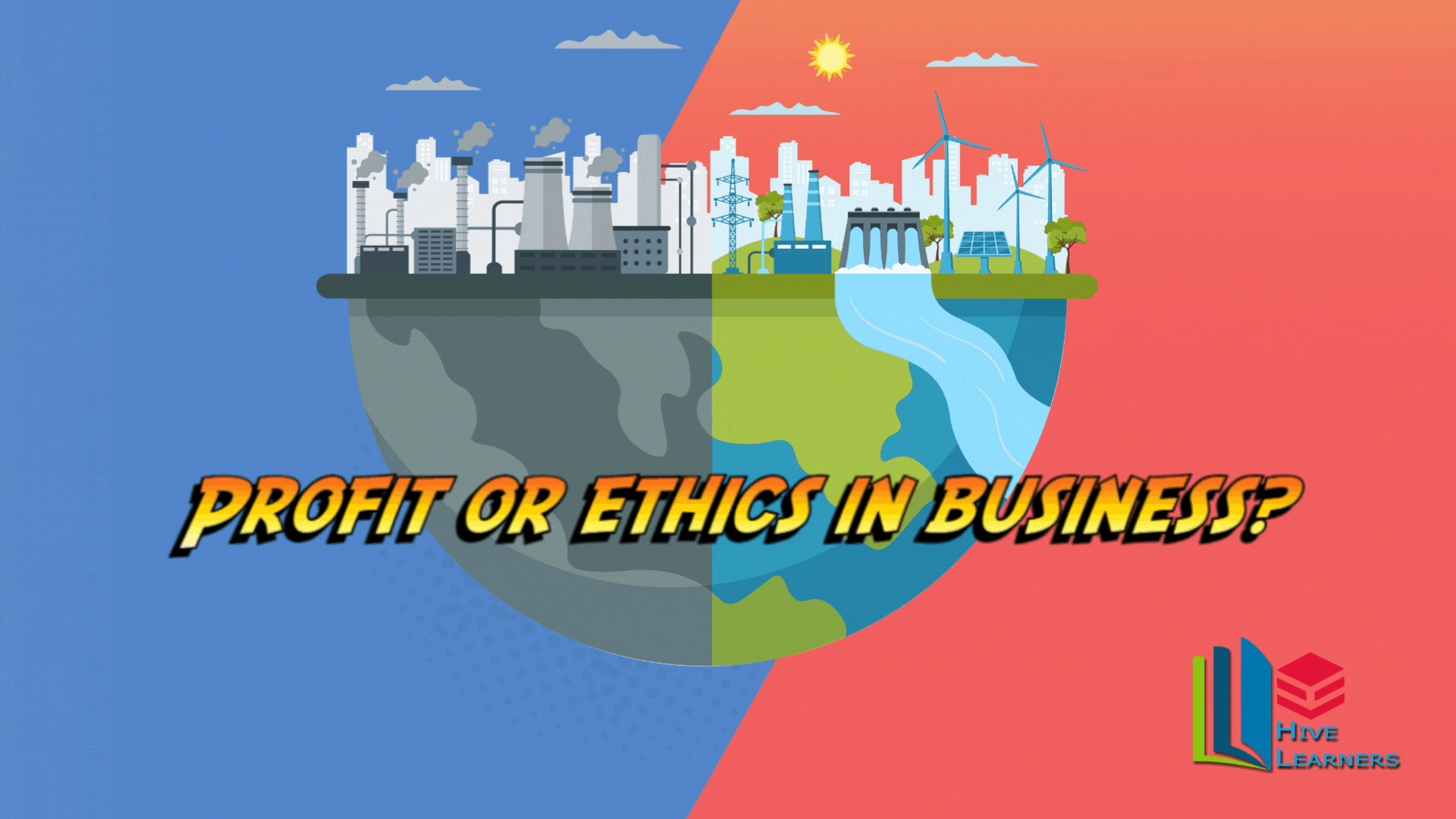[EN]

In the business world, there is a constant dilemma between profit and ethics. The main objective of companies, at the end of the day, is to increase their financial results and ensure that the bottom line, profit, remains positive and growing. However, in many cases, adopting ethical practices involves additional costs that, in the short term, may not provide immediate returns.
A sustainable management approach is one that seeks to balance financial goals with ethical and social responsibility. At first glance, this may seem like just an added expense. However, in the long run, when well managed, integrating ethical values into products and services can generate greater visibility, credibility, and consumer engagement.
Many companies have already shown concern for sustainability by using recycled raw materials, plant-based inputs, and wood from reforested areas, among other practices. With the rise of the ESG (Environmental, Social, and Governance) agenda, both companies and consumers are increasingly aware of the environmental and social impact of the products and services they consume.

This “green wave” has been gaining traction in the market. Many companies with a sustainable appeal manage to increase their revenues by promoting the idea that their products do not harm the environment. In many cases, this is true, but in others, important contradictions arise.
For example, electric cars are often seen as sustainable solutions because they do not emit polluting gases. However, a major challenge lies in the disposal of their batteries, which contain heavy metals and pose risks of soil and water contamination.
The same applies to photovoltaic panels used in solar energy generation. Although they have a lifespan of 20 to 30 years, the rapid growth of solar energy raises concerns about the future environmental impact of mass disposal of these panels. Like automotive batteries, they also contain heavy metals, bringing up a similar environmental issue.
In the end, it all comes down to priorities. Companies can choose to focus solely on profit, leaving ethics behind, or try to find a balance between the two. In my country, unfortunately, most companies still focus exclusively on profit. For many of them, what matters is the bottom line of the income statement, the profit. As for ethics, it is usually the larger corporations that adopt this discourse, but even then, more often than not, with the intention of increasing profits.
A clear example of this reality happened in my city. The company responsible for supplying water used to be publicly owned. However, political interests and greed led to its privatization. Before that, the services were provided at lower rates compared to other cities, and most employees were public servants. Still, the quality of service was good.
With privatization, the first action taken by the new company was to increase the rates. Since then, the water quality has worsened significantly, and it’s not uncommon for us to go days without water, something that rarely happened under public management. It is clear that, in this case, the private company prioritizes profit over the well-being of the population.
This example reinforces the idea that privatization is not always the best solution. Private companies, in most cases, are focused exclusively on profit, and when that happens without social responsibility, it is the citizens who pay the price.
If you made it this far, thank you very much for your time, and if this content was useful to you in any way, feel free to leave an upvote and reblog!

[PT]

No mundo dos negócios, existe um dilema constante entre lucro e ética. O principal objetivo das empresas, ao final do dia, é aumentar seus resultados financeiros e garantir que a última linha do balanço, o lucro, se mantenha positiva e em crescimento. No entanto, em muitos casos, adotar práticas éticas implica custos adicionais que, no curto prazo, podem não gerar retorno imediato.
Uma gestão sustentável é aquela que busca equilibrar seus objetivos financeiros com a responsabilidade ética e social. À primeira vista, isso pode parecer apenas um aumento de despesas. Porém, a longo prazo, quando bem conduzida, a inserção de valores éticos nos produtos e serviços pode gerar maior visibilidade, credibilidade e engajamento por parte dos consumidores.
Diversas empresas já demonstram preocupação com a sustentabilidade, utilizando matérias-primas recicladas, insumos de origem vegetal, madeira de reflorestamento, entre outras práticas. Com a ascensão da agenda ESG (Environmental, Social and Governance), tanto empresas quanto consumidores estão cada vez mais atentos ao impacto ambiental e social dos produtos e serviços que consomem.

Essa “onda verde” tem ganhado força no mercado. Muitas empresas com apelo sustentável conseguem aumentar seu faturamento, promovendo a ideia de que seus produtos não agridem o meio ambiente. Em muitos casos, isso é verdadeiro, mas em outros existem contradições importantes.
Por exemplo, os carros elétricos são frequentemente vistos como soluções sustentáveis, por não emitirem gases poluentes. No entanto, um grande desafio está no descarte das baterias, que contêm metais pesados e apresentam riscos de contaminação do solo e da água.
O mesmo se aplica aos painéis fotovoltaicos utilizados na geração de energia solar. Embora tenham vida útil entre 20 e 30 anos, o crescimento acelerado da energia solar nos leva a questionar o impacto ambiental do descarte em massa desses equipamentos no futuro. Assim como as baterias automotivas, os painéis também contêm metais pesados, trazendo à tona um problema ambiental semelhante.
No fim, tudo se resume a prioridades. As empresas podem optar por priorizar apenas o lucro, deixando a ética em segundo plano, ou tentar encontrar um equilíbrio entre ambos. No meu país, infelizmente, a maioria das empresas ainda foca exclusivamente no lucro. O que importa, para muitas delas, é o resultado final da Demonstração do Resultado do Exercício (DRE), o lucro. Em relação à ética, geralmente são as grandes corporações que adotam esse discurso, mas mesmo assim, na maioria das vezes, com o objetivo de lucrar mais.
Um exemplo claro dessa realidade aconteceu na minha cidade. A empresa responsável pelo abastecimento de água era pública. No entanto, interesses políticos e ganância levaram à sua privatização. Antes disso, os serviços eram prestados com tarifas mais acessíveis em comparação com outras cidades, e a maioria dos funcionários era composta por servidores públicos. Ainda assim, o serviço era de boa qualidade.
Com a privatização, a primeira medida adotada pela nova empresa foi o aumento das tarifas. Desde então, a qualidade da água piorou significativamente, e não é raro ficarmos dias sem abastecimento, algo que dificilmente acontecia quando a gestão era pública. Está claro que, nesse caso, a prioridade da empresa privada é o lucro, e não o bem-estar da população.
Esse exemplo reforça que a privatização nem sempre é a melhor solução. Empresas privadas, na maioria das vezes, estão voltadas exclusivamente para o lucro. E quando isso acontece sem responsabilidade social, quem paga o preço é o cidadão.
Se chegou até aqui muito obrigado pelo seu tempo e se de alguma forma este conteúdo foi útil, deixe seu upvote e reblog!

Posted Using INLEO

